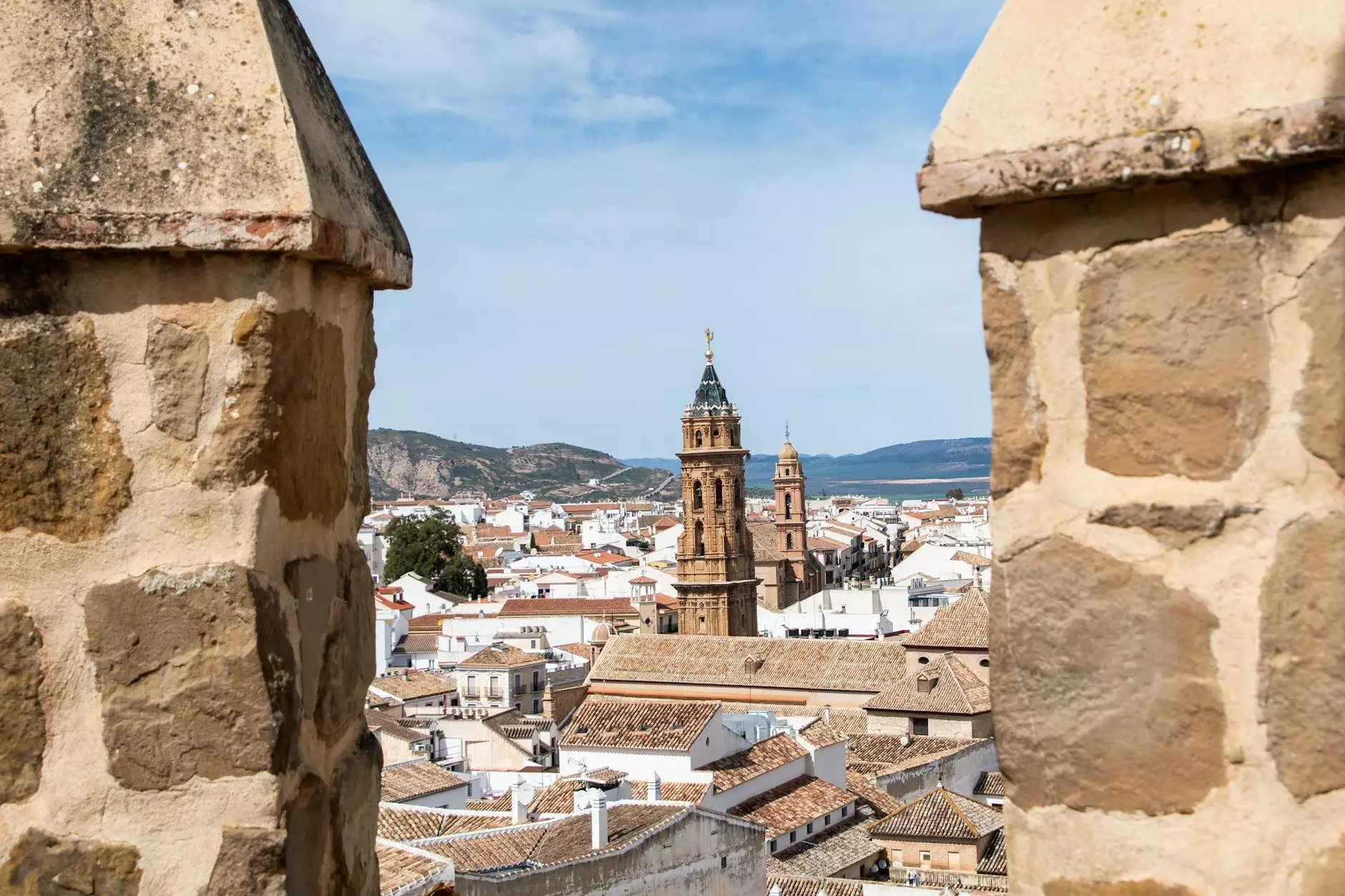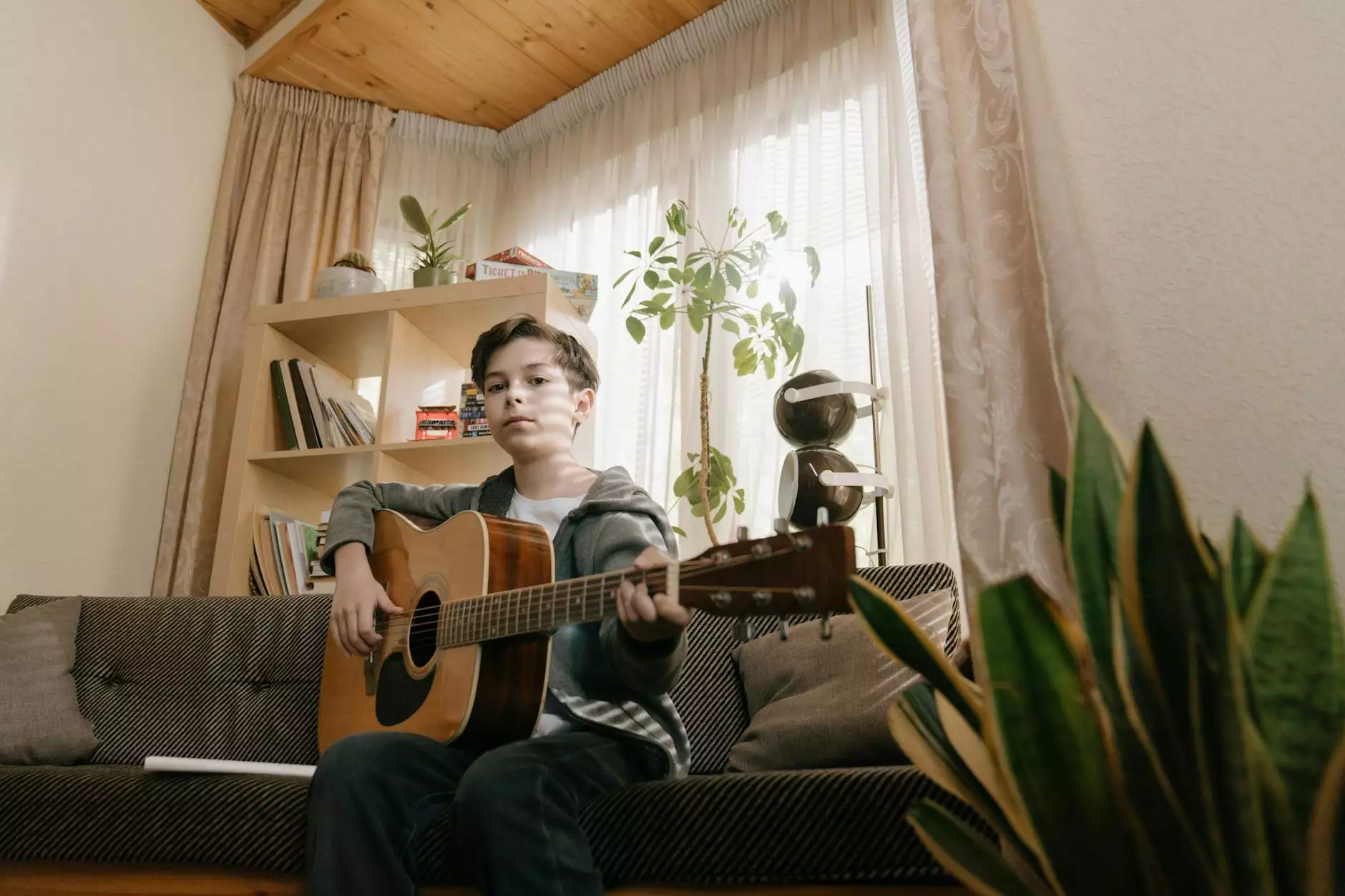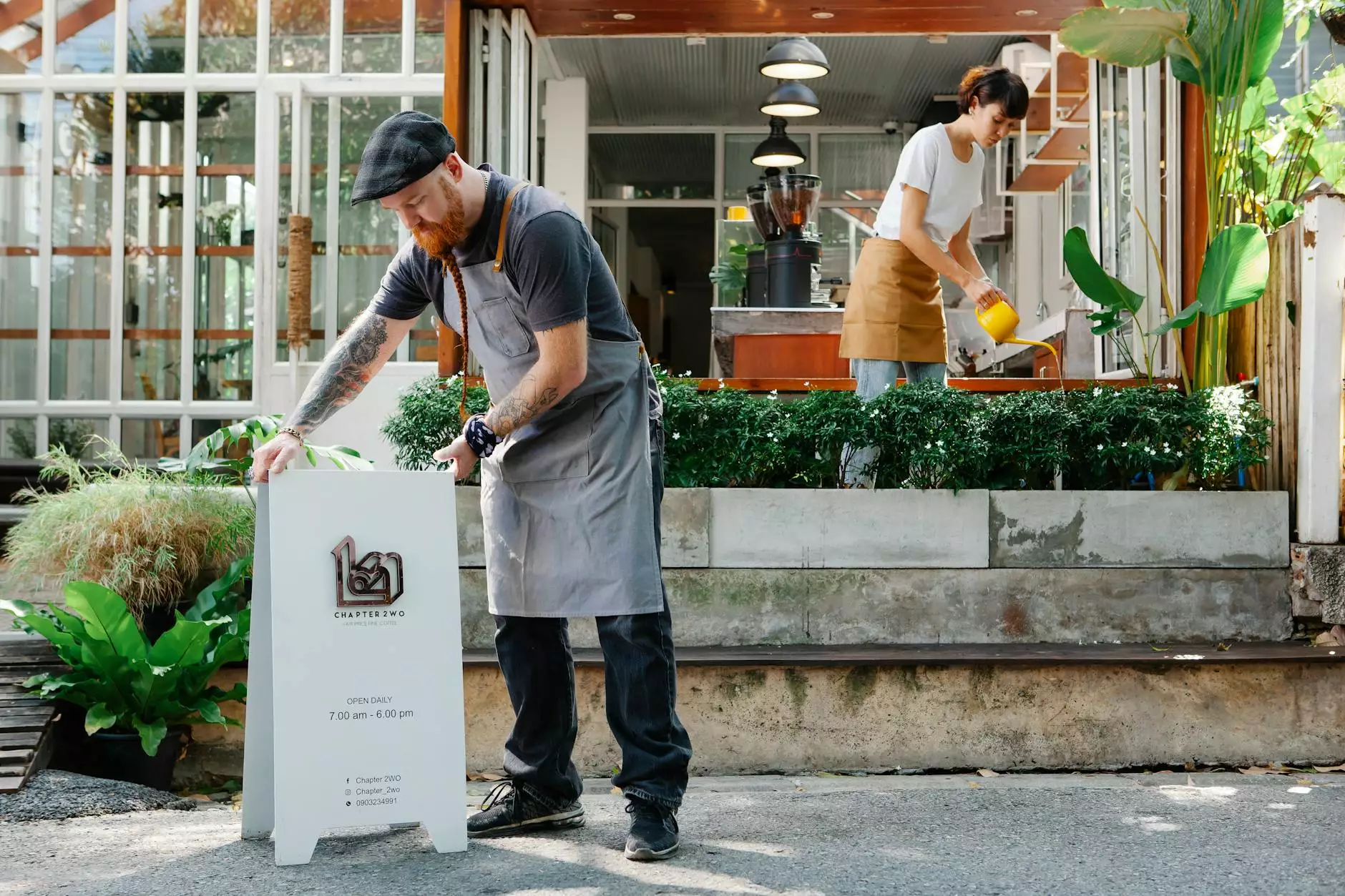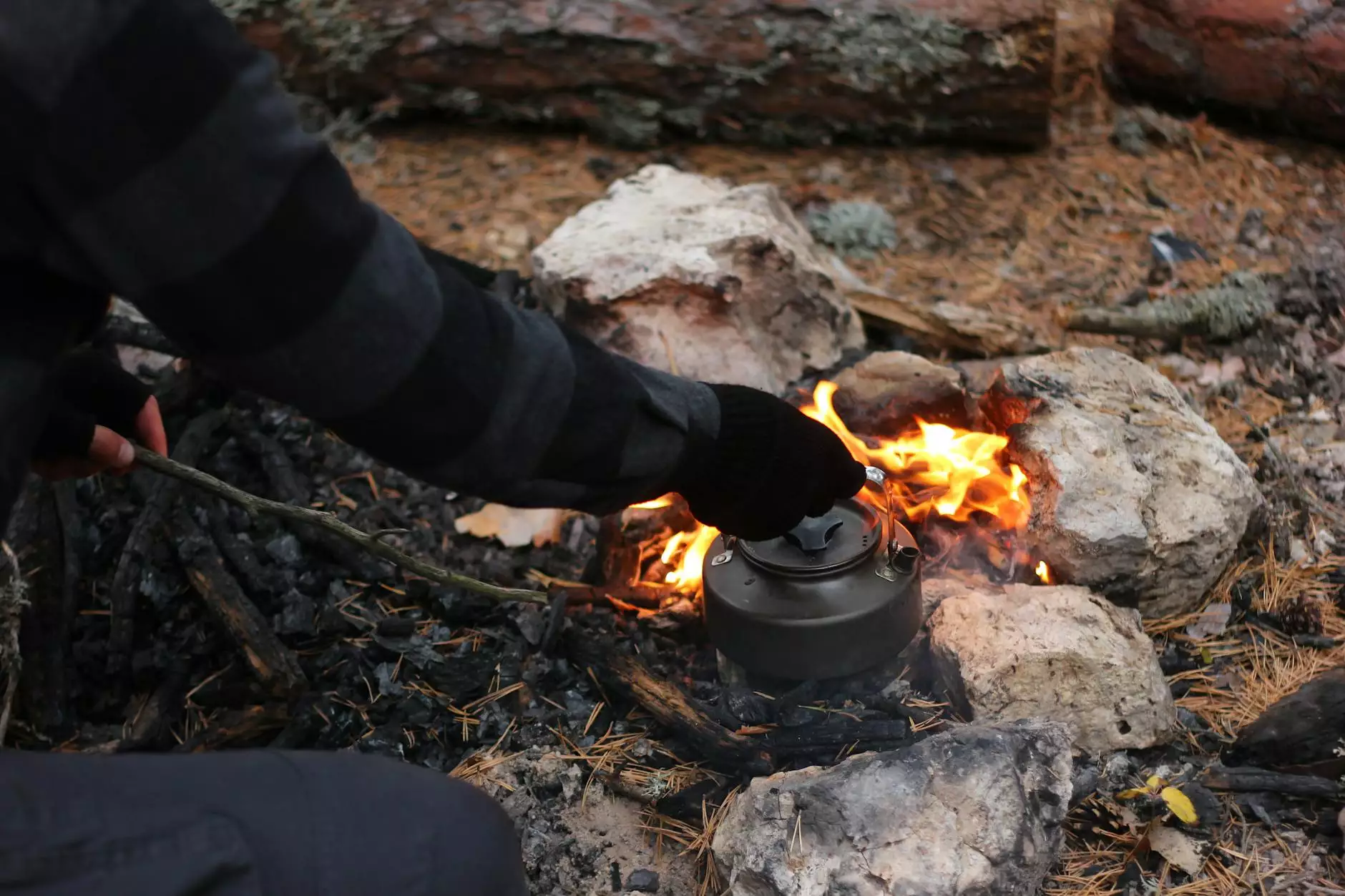Community and Faith: Exploring Churches in NYC

New York City, often described as the melting pot of the world, is home to a rich tapestry of cultures, beliefs, and faiths. One of the most significant aspects of this diverse landscape is its abundance of churches in NYC. These houses of worship not only offer spiritual guidance but also play a crucial role in fostering community, providing social services, and hosting cultural events. In this article, we take an in-depth look at the various churches throughout NYC, exploring their history, services, and how they impact the communities around them.
The Historical Significance of Churches in NYC
The history of churches in NYC is as old as the city itself. From the early days of Dutch settlers, who built simple structures for worship, to the grand cathedrals and colorful congregations that dot the city today, these buildings have witnessed major historical events.
Colonial Era to Modern Day
Many of the oldest churches in NYC, such as Trinity Church, founded in 1697, represent a significant link to the past. As the city evolved, so did the churches, adapting to the changing demographics and needs of their congregants.
Architectural Marvels
Churches in New York City are also known for their impressive architectural designs. From the Gothic revival of St. Patrick's Cathedral to the modern elegance of TABERNACLE NYC, these buildings reflect a blend of artistic expression and religious dedication.
Types of Churches in NYC
New York City is home to various denominations and faiths. Here is a closer look at the types of churches you can find:
- Catholic Churches: NYC has a rich history of Catholicism, with numerous parishes serving local communities.
- Protestant Churches: Known for their diversity, from Evangelical to Anglican congregations, offering a range of worship styles.
- Orthodox Churches: Beautifully adorned churches reflecting ancient traditions and community values.
- Non-Denominational Churches: These have gained popularity, focusing on personal faith journeys rather than specific doctrines.
- Synagogues: While not churches, NYC’s synagogues play an essential role in the Jewish community, offering spiritual and social support.
The Role of Churches in the Community
Churches in NYC extend their influence well beyond the walls of the sanctuary. Here are several ways they actively contribute to community life:
Community Services and Outreach Programs
Many churches offer programs such as food pantries, addiction recovery groups, and job training services. This commitment to social responsibility highlights the integral role of churches as multifaceted institutions working towards societal well-being.
Cultural Events and Gatherings
Churches in NYC often host cultural events that promote inclusivity and diversity. Examples include:
- Community Festivals: Celebrating various cultural and religious traditions.
- Concerts and Performances: Featuring local artists and choirs, building community ties.
- Workshops and Classes: Promoting educational opportunities in arts, crafts, and spiritual development.
Spiritual Guidance and Counseling
The clergy and lay leaders in churches offer spiritual counseling and support, helping individuals navigate their personal journeys and find a sense of belonging and purpose.
Prominent Churches in NYC
Let’s explore some of the most notable churches in NYC that stand out for their architectural beauty, historical significance, and active community involvement:
1. St. Patrick's Cathedral
Located on Fifth Avenue, St. Patrick's Cathedral is an architectural marvel completed in 1878. It serves as a central hub for Catholic worship and events in the archdiocese of New York.
2. Trinity Church
With its rich history dating back to 1697, Trinity Church is known for its stunning Gothic Revival architecture and as a prominent landmark in Lower Manhattan. It continues to offer services, educational programs, and community support.
3. The Riverside Church
Located in Morningside Heights, The Riverside Church is known for its historic role in the social justice movement. Its beautiful architecture and mission-driven activities make it a beloved institution.
4. Grace Church
This Episcopal church, situated in Manhattan’s East Village, offers a vibrant community with various programs focused on worship, arts, and outreach. Its stunning architecture adds to the cultural fabric of NYC.
5. The First Baptist Church of Brooklyn
This historic church serves a growing congregation and has a rich history of community involvement, including youth programs and social justice initiatives.
The Future of Churches in NYC
As New York City continues to evolve, so will its churches. The landscape of worship is changing, with an increasing number of people seeking spiritual fulfillment in diverse ways. Churches must adapt to these changes while preserving the essence of their missions.
Embracing Technology
In response to the rise of digital communication, many churches now offer online services, allowing them to connect with wider audiences and maintain community ties even when physical gatherings are not possible.
Interfaith Collaboration
As the cultural mosaic of NYC becomes more complex, interfaith initiatives are on the rise. Churches are increasingly collaborating with synagogues, mosques, and cultural organizations to promote understanding and cooperation.
Conclusion
Churches in NYC are not just places of worship; they are vibrant communities that contribute to the city’s social fabric and cultural richness. From their historical significance to their modern-day activities and outreach, these institutions remain integral in shaping the lives of many New Yorkers. Whether you are a lifelong resident or a newcomer to the city—visiting a church can offer a profound connection to a community steeped in tradition, faith, and service.
If you are exploring different spiritual paths or looking for community engagement, consider attending services or events at one of the many beautiful churches in NYC. You’ll find welcoming spaces filled with opportunities to grow and connect with others sharing similar values of faith and community.









